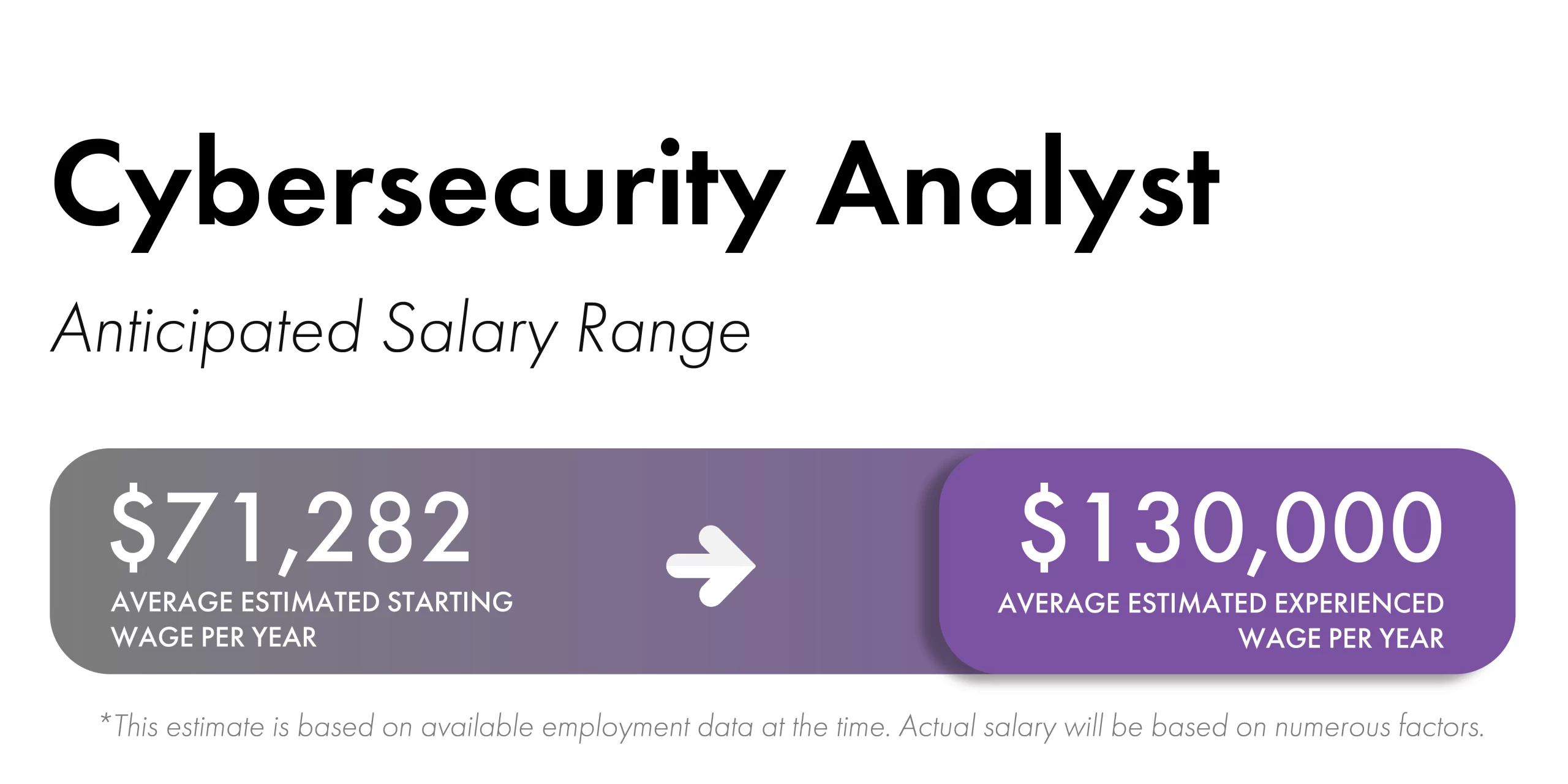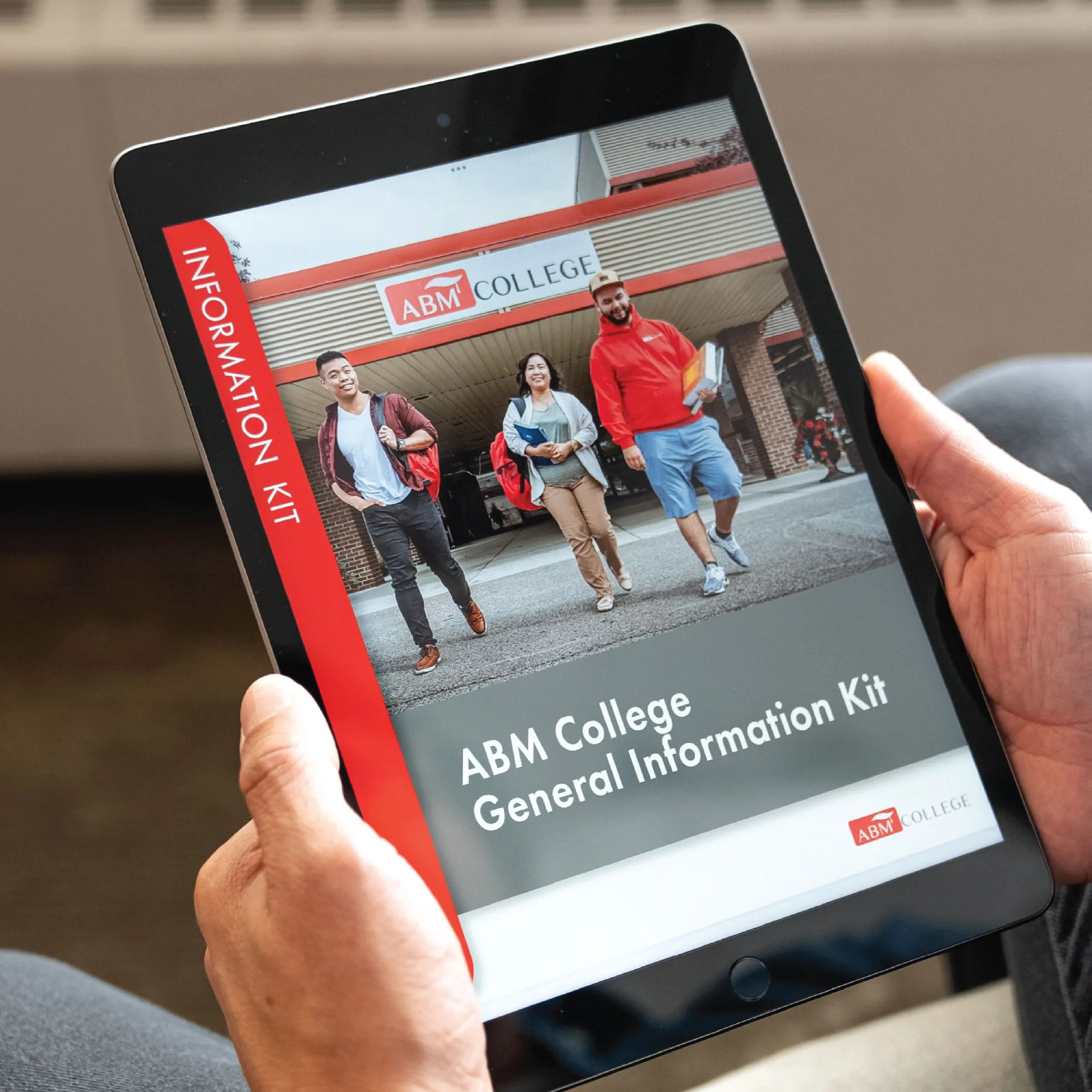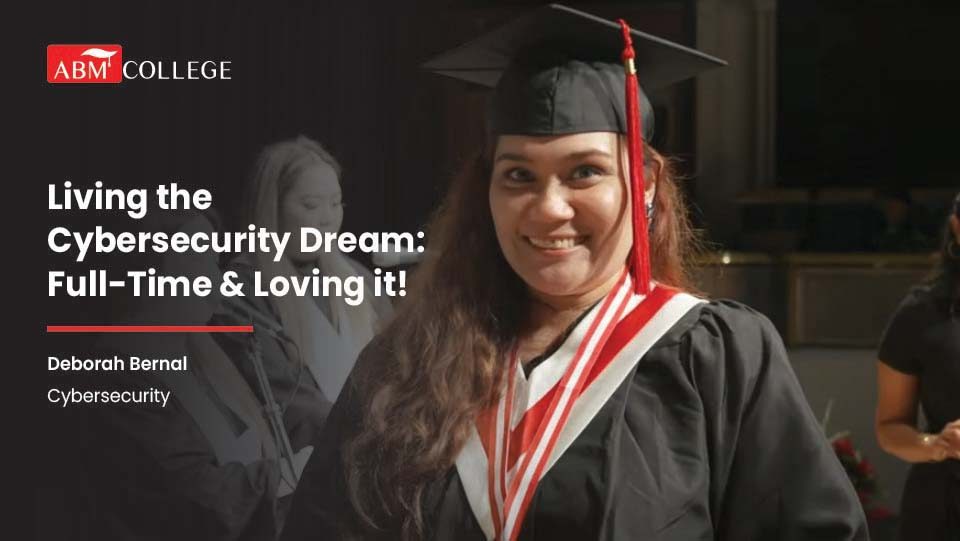Cybersecurity Diploma Online Program
Delivery Method
Online, In-person or Hybrid
Program Duration
70 Weeks Total
Practicum Duration
5 Weeks
Program Schedule
Morning, Evening or Weekend
Next Start Dates
Cybersecurity
Diploma Summary
Protect the future of digital security with ABM College’s Cybersecurity Diploma Online – a comprehensive 16-month, 100% online program designed to prepare you for a career in one of today’s fastest-growing industries. As businesses, governments, and individuals rely more heavily on digital systems, the demand for skilled cybersecurity professionals has never been higher.
Through this program, you’ll develop expertise in network defense, encryption, scripting languages, and risk mitigation, while mastering practical skills in hardware and software installation, troubleshooting, and system operations. You’ll also gain an understanding of cryptology, which is essential for secure key generation, digital signatures, and confidential data exchange. To give you a competitive edge, the program concludes with a real-world practicum placement, allowing you to apply your training directly in professional environments. Graduates emerge with the confidence and experience needed to step into roles such as Cybersecurity Analyst, Network Security Specialist, or Information Security Officer across a wide range of industries.
Cybersecurity
Course Highlights
- Hands-On Technical Skills – Gain experience with installing and configuring operating systems, security software, and virtualization tools.
- Programming Foundations – Build a strong base in programming concepts to understand how applications and systems work.
- Master Scripting Languages – Learn to write and apply scripts to support cybersecurity tasks.
- Understand Cryptology – Explore cryptographic methods including encryption, decryption, hashing, and key management.
- Defend Digital Systems – Learn how to secure networks, endpoints, and systems against potential threats.
- High-Tech Advantage – Accelerate your skills with intensive training that prepares you for real-world demands.
Career Opportunities
According to the Canadian Job Bank, future job prospects for Cybersecurity Analysts over the next three years are good across most provinces. The highest demand is expected in Alberta, British Columbia, Manitoba, and Saskatchewan. Graduates of our CyberSecurity Diploma Online Program are prepared for roles such as:
- Cyber Security Specialist
- Cybersecurity Consultant
- Cybersecurity Analyst
- Cyber Security Advisor
- Information Security Specialist
Salary Range
The anticipated salary range for Cybersecurity Analysts across Canada is $71,282 to $130,000 based on experience. According to the Canadian Job Bank, hourly wages range between $29/hr and $71/hr, with a median rate of $47/hr. Alberta, Manitoba, and Saskatchewan are at the higher end of the scale.

Cybersecurity Diploma Information Kit

This kit includes important details on the Cybersecurity Diploma program at ABM College.
Course Curriculum
Admissions Requirements

Why Study Cyber Security Online at ABM College?
-
Flexible Online Learning – Study on a schedule that fits with your work, home, and personal commitments.
-
Save Time and Money – Eliminate the need for commuting and focus more on your studies.
-
Study from Anywhere – Join your classes online, no matter where you live in Canada.
-
Engaging Online Community – Collaborate with classmates and instructors through live discussions, group activities, and Q&A sessions.
-
Content Review – Revisit recorded sessions to strengthen your understanding of key skills.
Frequently Asked Questions
Graduate Spotlights: Real Results from Our Cybersecurity Program



